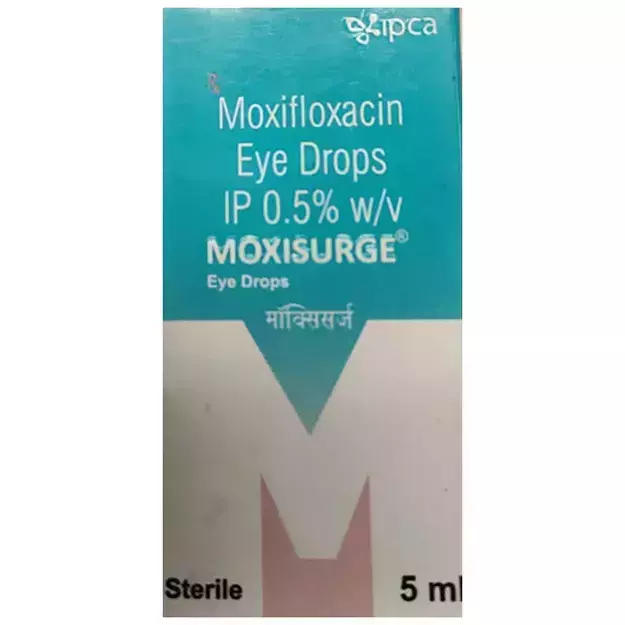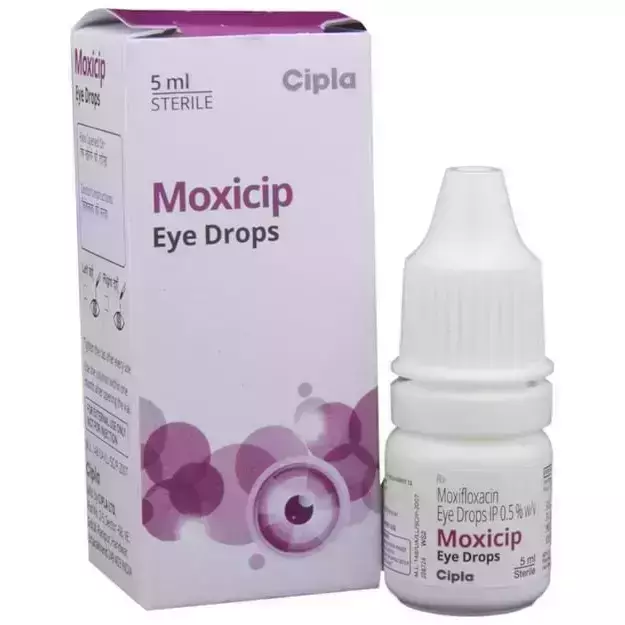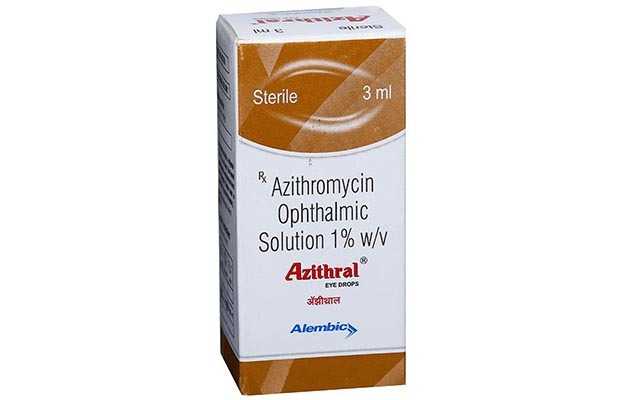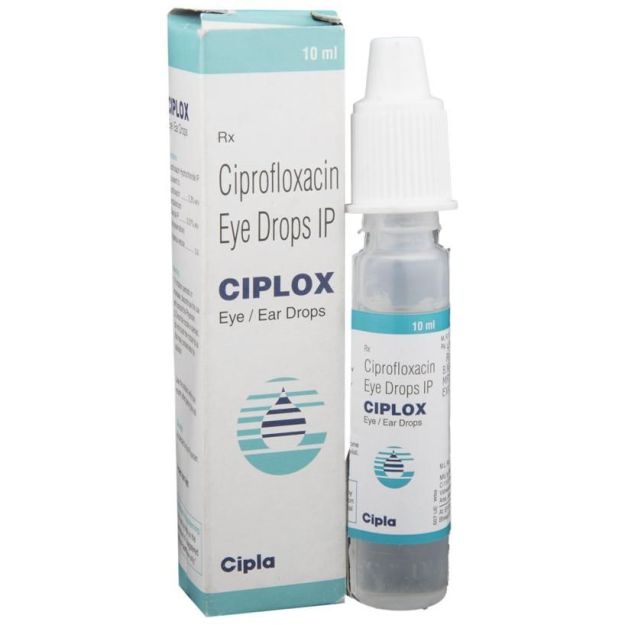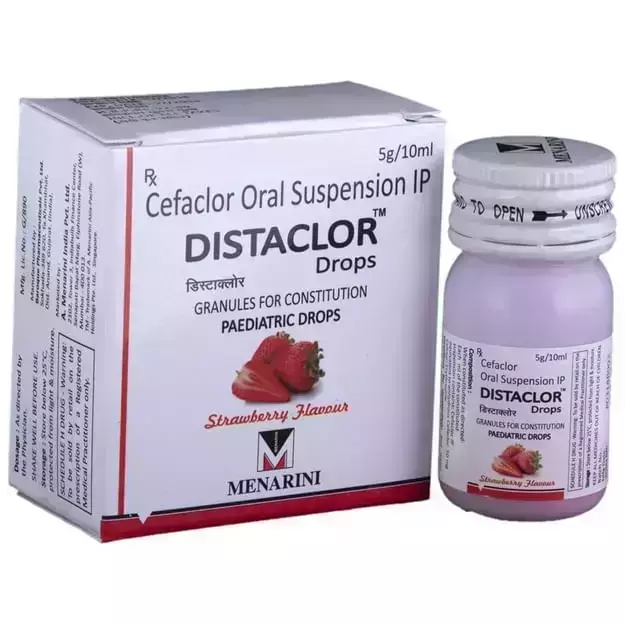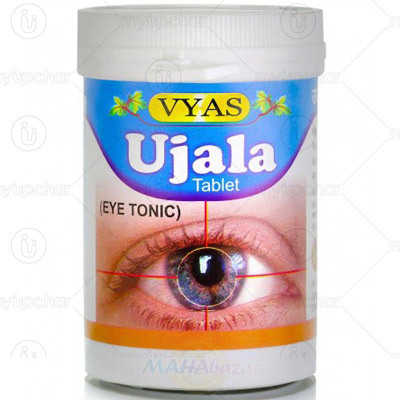Mosi Eye Drop is a prescription medicine that is available as a Drops. It is primarily used for the treatment of Bacterial Infections. Secondary and off-label uses of Mosi Eye Drop have also been mentioned below.
The optimal dosage of Mosi Eye Drop is largely dependent on the individual's body weight, medical history, gender and age. Besides the medical condition it is advised for, the route of administration also plays an important role in determining the correct drug dosage. Refer to the dosage section for a detailed discussion.
Mosi Eye Drop also has some side effects, the most common being Nausea or vomiting, Diarrhoea. Apart from the aforementioned side effects, Mosi Eye Drop can also lead to other problems, which have been listed below. Normally, these side effects of Mosi Eye Drop are not long lasting and go away when the treatment is finished. If, however, they worsen or do not go away, please speak with your physician.
Mosi Eye Drop's effect during pregnancy is Moderate and Severe while nursing. Warnings related to Mosi Eye Drop's effects on the liver, heart and kidney, if any, have been listed below.
Mosi Eye Drop is contraindicated in people with pre-existing medical conditions like Myasthenia Gravis (MG), Peripheral Neuropathy, Neuropathy, Peripheral as it can result in adverse effects. Other contraindications of Mosi Eye Drop have been discussed in the sections ahead.
Drug interactions for Mosi Eye Drop have been reported in the medical literature. Refer to the list below for further details.
In addition to these precautions, you may also note that Mosi Eye Drop is not safe while driving, and is is not addictive in nature.
X





